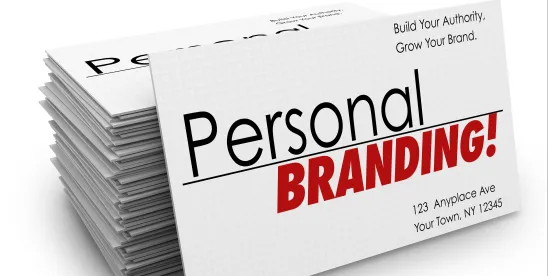More information on the DeSoto High School football program can be found here, and a link to the tweet can be found here.
It has been more than three years since the National Collegiate Athletic Association amended its previous longstanding rules prohibiting college athletes from engaging in NIL licensing activity related to athletics. Since then, college sports fans have seen star athletes ink endorsement deals, become brand ambassadors, and enter into other sponsorship arrangements. While the advent of NIL licensing payments for college athletes has garnered significant attention, new rules allowing high school athletes to also engage in NIL licensing activity have received less attention. High school athletes in 38 states, including the District of Columbia, are now, or soon will be, allowed to monetize their NIL in at least some form without forfeiting their eligibility to participate in athletic competitions.
In a significant development, Florida — home to athletic powerhouses such as IMG Academy, Montverde Academy, and St. Thomas Aquinas — recently joined the growing number of states that will allow high school athletes to monetize their NIL. Despite being home to “Friday Night Lights” and several nationally recognized athletic prep schools of its own, the tweet above is correct: Texas is not among the states that allow high school athletes to monetize their NIL. In fact, under Texas law, student-athletes are explicitly prohibited from monetizing their NIL prior to enrolling in college.
There is no national framework of rules and regulations governing NIL deals for high school athletes. In most states, NIL deals for high school athletes are generally governed by the rules adopted by the state’s high school athletics governing body (e.g., the Florida High School Athletic Association). Other states have enacted laws that apply to all amateur athletes within the state, which includes college athletes as well as high school athletes. In most states where high school athletes are allowed to monetize their NIL, certain restrictions apply. The rules vary from state to state, but there are a few key restrictions present in almost all state’s rules that student-athletes should keep in mind:
- Student-athletes generally may not reference or include their school’s uniforms, logos, or facilities of the state’s high school athletic association in their NIL activities.
- Student-athletes are generally prohibited from signing deals in certain categories, such as gambling, alcohol, tobacco, weapons, firearms, ammunition, and other adult categories.
The patchwork of state rules may lead to competition among states for top high school athletes. To address this outcome, some states have taken steps to limit the risk of high school athletes being induced to transfer schools, whether within a state or across state lines, in pursuit of NIL deals. Under Florida’s new rules, student-athletes are prohibited from engaging in NIL activities involving “NIL Collectives,” which Florida’s rules define as “groups, organizations, or cooperative enterprises that exist to collect funds from donors and businesses, to help facilitate NIL deals for student-athletes, and/or create ways for athletes to monetize from their NIL.” In an effort to keep top talent within the state, Arkansas and Missouri have both passed laws allowing high school athletes to monetize their NIL — but only after they have signed a letter of intent to attend an in-state college or university.
Brands have taken notice of the shifting trends among these states and are capitalizing on the opportunity to sign star high school athletes to endorsement deals. In 2022, sisters Alyssa and Gisele Thompson, who at the time were star players at Harvard-Westlake High School in Los Angeles and now play for the National Women’s Soccer League at Angel City FC, became the first high school athletes to sign an NIL deal with Nike. On June 6, Adidas, in collaboration with the Overtime 7x7 football league, announced brand ambassadorship deals with its inaugural Adizero 7 Class, comprised of seven top high school football players from around the United States
Takeaways
In states where NIL activities are permitted, high school athletes are presented with significant financial opportunities. However, given the patchwork of state laws and rules adopted by athletic governing bodies, high school athletes must ensure their NIL activities comply with the applicable rules in their state of residence. Running afoul of these rules risks loss of eligibility to participate in athletic competition, which can threaten future athletic and financial opportunities.



 />i
/>i

